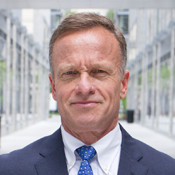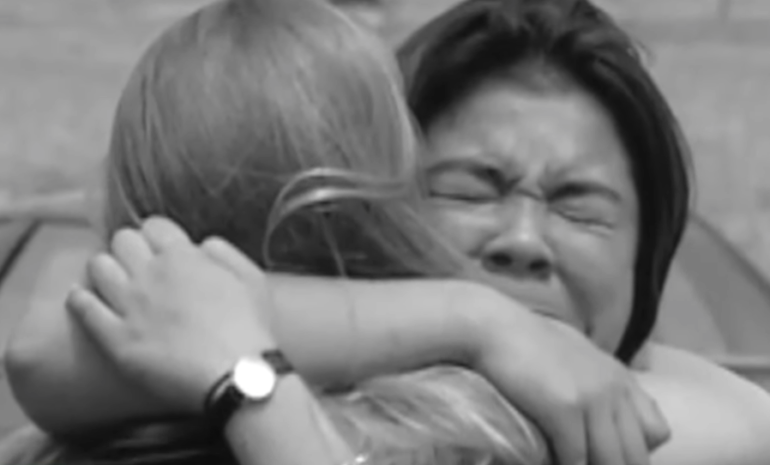It has been 20 years since two students murdered 12 classmates and a teacher at Columbine High School in Littleton, Colorado.
At the time, it was the deadliest school shooting in U.S. history. The massacre sparked an intense debate about guns and school violence and prompted major changes in how students are protected.
CGTN’s Hendrik Sybrandy, who covered the events of April 20,1999, reports on Columbine’s legacy.
There’s always been something special about Columbine High School, said its principal, who talks often about the Columbine spirit.
“We love Columbine High School,” Scott Christy said. “I love everything about it. The kids there take care of each other. The staff take care of each other. We very much pride ourselves on being a family unit.”
That family was shaken to its core 20 years ago. On April 20, 1999, two students murdered 12 classmates and a teacher. At the time, it was the deadliest school shooting in U.S. history.
“Especially now reliving some of the stories from other people, it takes me back and it seems like it was just yesterday,” said Frank DeAngelis, who was Columbine’s principal that day. He remembers the panic inside the school and the tearful reunions following the shootings, except of course for the families of 12 students and one teacher.
“A grief counselor came over and said Frank we need to take these parents in and we need to inform them there’s a good chance their kids lost their life,” DeAngelis remembered.
The name Columbine became synonymous with school shootings, which followed more often in the U.S. than anyone could have imagined.
“We thought we would never let this happen again,” said Beverly Kingston, the director of the Center for the Study and Prevention of Violence at the University of Colorado Boulder, one of many groups that sprung up in the years after Columbine to combat the plague of school shootings.
The massacre sparked an intense debate about guns and school violence and prompted major changes in how students are protected. Kingston believes progress has been made in these areas but, “it hasn’t been systematic and it hasn’t been sustained,” she said.
She and others agree school security is much improved today. Police are more apt to engage active shooters quickly. Mental health assistance and anonymous threat reporting by students and others are also much more common.
“I think that we have learned a lot,” said Coni Sanders, whose father, teacher Dave Sanders, was killed at Columbine. “I don’t think we’ve done enough.”
She argued school violence has been normalized by society and deemed too complex to fix.
“It’s hard to believe that it’s 20 years and we’re still doing this,” Sanders said, referring to her occasional media interviews about school violence.“I will never in a million years understand why Columbine wasn’t enough. This is a puzzle and until people start finding that middle road of what we can do together we’re screwed.”
Several days before the 20 year anniversary, Denver area schools were closed during the search for an armed woman who police said was infatuated with Columbine. She was later found dead.
Security officials claim the school’s mystique still draws hundreds of visitors to its building each month. One answer, many in the Columbine community argue, is shifting the focus away from the perpetrators and towards creating a positive school climate. Principals past and present think Columbine should act as a place of inspiration.
“I hope it is a symbol of hope, it’s a symbol of resilience for everybody,” Christy said. “That’s my hope for this 20th anniversary.”
“What we saw on April 20th, it brought our country together,” DeAngelis remembered.
And it continues to resonate, all these years later.
 CGTN America
CGTN America
 Remembering Columbine 20 years later
Remembering Columbine 20 years later
